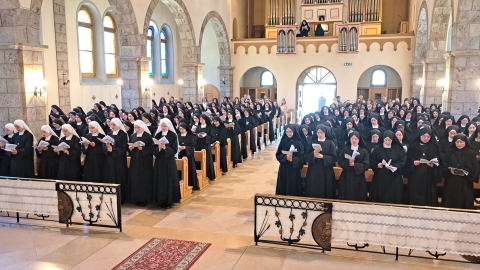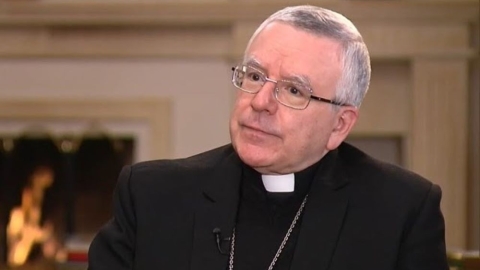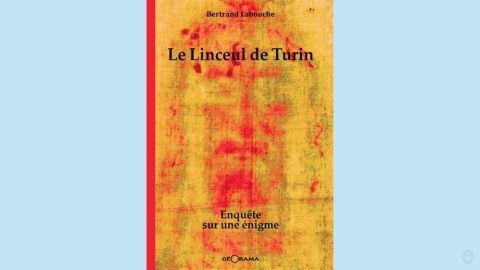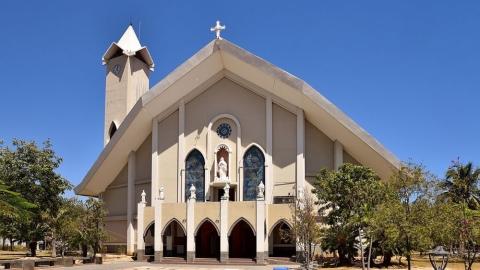On the Beatification of Pius XII
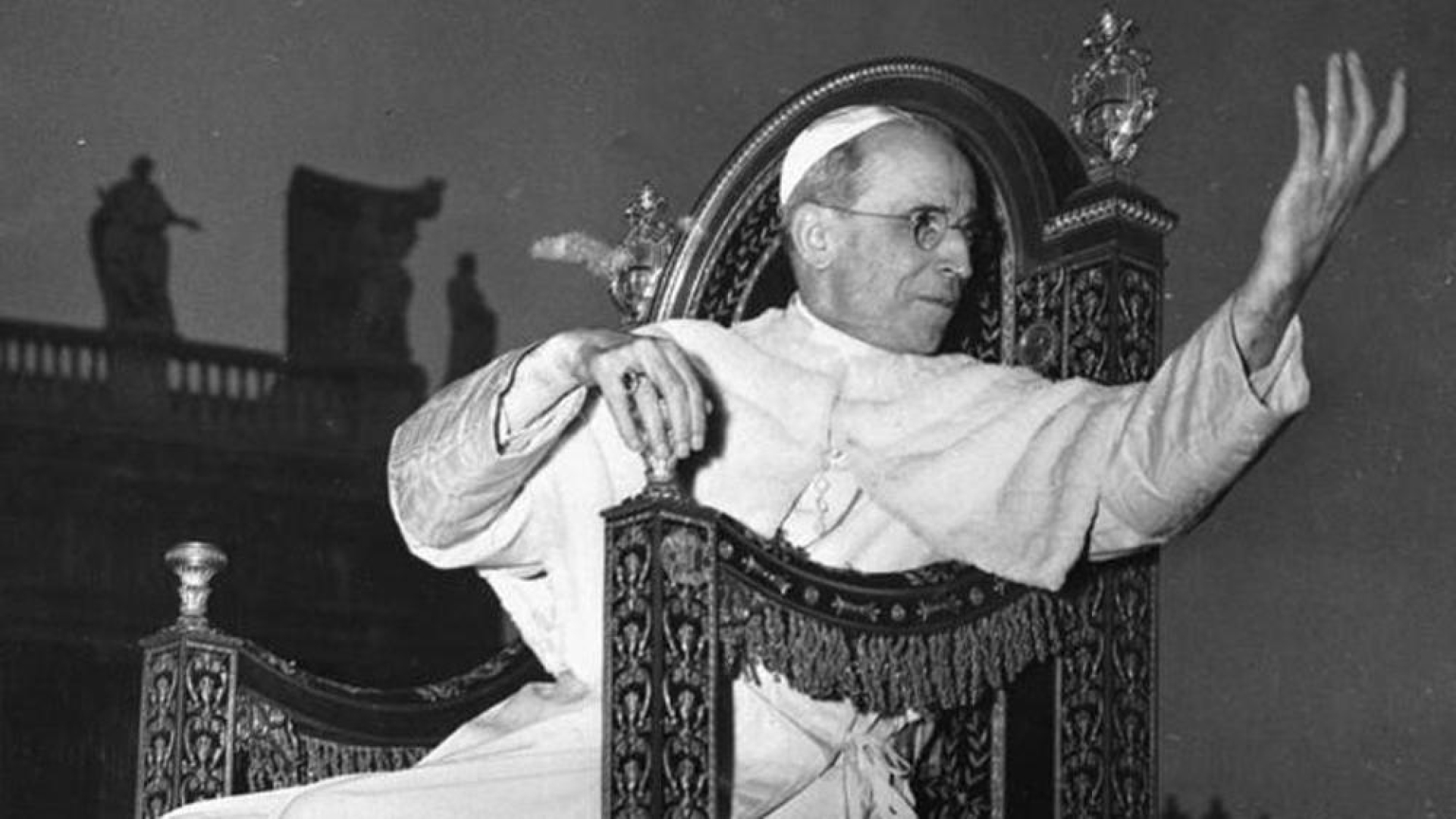
Reuters news agency announced on February 17 that eighteen Catholic theologians–from the United States, Germany, and Australia–sent the Pope an “unusual and impassioned” letter in which they admit they are “troubled” by Benedict XVI’s decision last December to recognize the heroic virtues of Pius XII.
"We implore you,” they write to the Pope, “…to be patient with the cause of Pius XII.” They fear in particular that beatification of the World War II Pope “might harm Jewish-Catholic relations in a way that cannot be overcome in the foreseeable future.”
Among the signatories are Fr. John Pawlikowski, a member of the Catholic Theological Union and an historian of Judaism and the Holocaust, and Eugene Fisher, an expert on relations between Catholics and Jews for the U.S. Conference of Catholic Bishops.
According to L’Osservatore Romano of 16 February, the American foundation Pave the Way (PTWF) has obtained the Holy See’s permission to digitize and publicize “free of charge” and “very soon” Acts and Documents of the Holy See Relative to the Second World War taken from the closed section of the Vatican Secret Archives. It concerns twelve volumes that were published between 1965 and 1981 by four Jesuits, Frs. Pierre Blet, Angelo Martini, Robert Graham, and Burkhart Schneider, at Paul VI’s behest in 1964.
The Holy See’s newspaper “intends to render service to historical truth” with the posting of these documents on line. “Ironically, the Vatican Secret Archives [from the period prior] to 1939 were opened over two years ago," and they showed that "65 percent of Pacelli’s ministry has simply been ignored by the critics who call for the war years to be opened,” declared Gary Krupp, Jewish founder and president of the PTWF, which will be publishing on line 5,125 documents belonging to the Vatican Archives from the period March 1939 to May 1945.
Pave the Way intends thereby “to show clear evidence of Pope Pius XII's efforts to mitigate suffering during the war and that the ‘black legend,’ which besmirched his name, is simply not true.” The documents will be available on the Pave the Way Foundation web site as well as that of the Vatican.
Founded in 2002, the foundation describes itself as “[a non-sectarian public foundation] dedicated to achieving peace by closing the gap in tolerance, education and the practical relations between religions, through cultural, technological and intellectual exchanges.”
Asked on 24 February by L’Osservatore Romano about the contribution that the opening of the Vatican archives on the pontificate of Pius XII might make, Fr. Bernard Ardura, president of the Pontifical Committee for Historical Sciences, confided that “the simple fact of providing access to the sources is in itself a fundamental contribution, but that does not mean there will be surprising discoveries.”
The Premonstratensian underscored that, even if this opening were not “decisive,” it would be “very useful for a knowledge of the figure and work of Pope Pacelli, at last freed from much too facile and worn-out prejudices.” The French religious, secretary of the Pontifical Council for Culture since 1997, was named on 3 December 2009 by Benedict XVI to the head of the Pontifical Committee for Historical Sciences, which gathers some thirty researchers from the international academic world. After the French philosopher Bernard-Henry Lévy, it is now the turn of the lawyer and historian of Rumanian extraction Serge Klarsfeld to take up the defense of the memory of Pius XII.
The Osservatore Romano of 6 March 2010, in an article entitled “The Nazi Hunter and Pius XII,” commented on a dossier published in Le Point of 25 February under the title “The Pius XII Affair.” In it Serge Klarsfeld declared: “People forget that the Vatican, hemmed in, censured, was dealing with a very determined enemy–Nazism. The Jews weren’t anybody’s priority. People are conducting an anachronistic trial of Pius XII.” “The Pius XII Affair” revealed the existence of a broader and more complex movement to which are attached current accusations being leveled against the Western leaders of the time and the Red Cross. In the same story, the Franco-Israeli historian Saul Fridländer affirmed that, as far as he was concerned, if Pius XII “had spoken, even if there had been reprisals, the grandeur of the Church would have been remembered.”
Sources: Reuters/apic/I.Media/Zenit/PTWF–DICI No. 212, March 20, 2010
